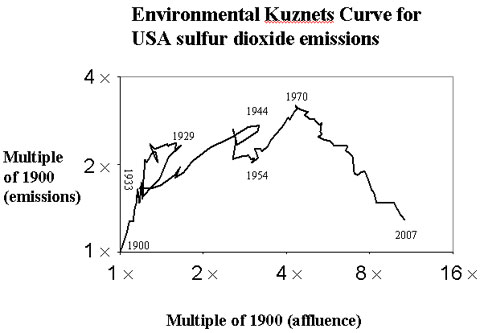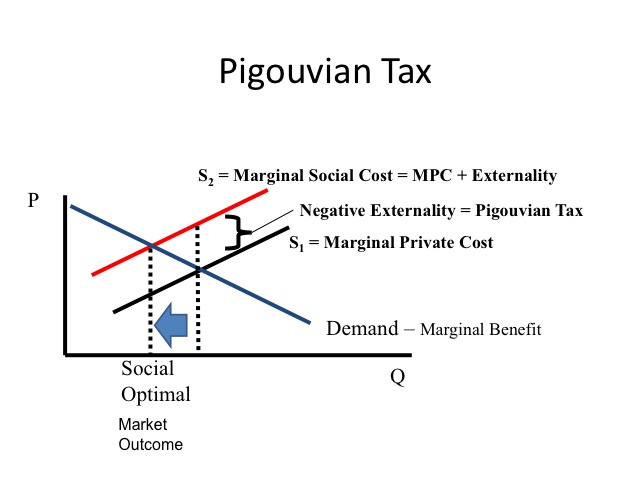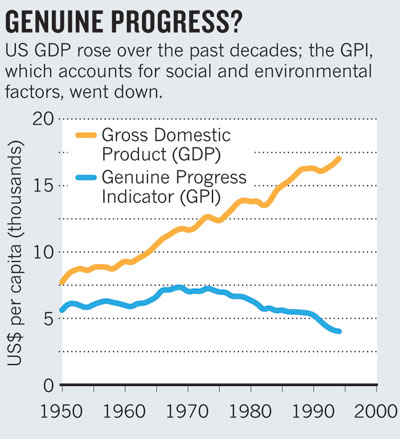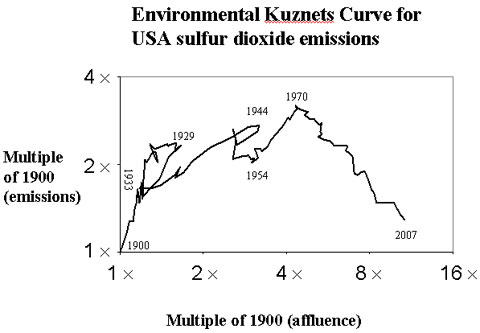
The Environmental Kuznets curve is what some Environmental Economists reference to justify the use of free-market principles instead of governmental regulation. But is it enough to solve most environmental problems?
Although there may seem to be nary an explanation as to why economists think that it is ethically viable to reduce pollution in an efficient way rather than an equitable way, there are many thinkers who do believe it is best for everyone. In contrast, there is also a case to be made for government regulation and the cost-benefit analysis of ecological economics. These two ethical theories are important in that they represent the most practical way to reduce emissions in an economically feasible way. However, they are also both at fault for their lack of ethical empathy for the value of the lives of living creatures.
Modern economic theory assumes that all human beings are assumed to be well-informed and rational. Oftentimes it is not considered that what might be the rational choice is not always the social welfare-maximizing choice. The idea of this sort of economics branched off from the common form of economics in the form of welfare economics in the twentieth century. Thinkers such as Andre Pigou argued that the social costs of environmental degradation could be internalized through the use of corrective taxes.
The big question left from this hypothesis, or the principal ethical issue was compensation. Many environmentalists do not agree that there is any such internalizing mechanism to environmental damages because there is still pollution. In some ways this is true, since the Earth and its resources are irreplaceable but at the same time it has been determined that it is extremely costly to reduce waste emissions down to zero because of the idea that the people at risk would be no better off with the pollution and compensation.
Another controversial economic ethic is the idea that future generations should be discounted in the evaluation of compensation. In the minds of economists, there should be future payments to cover damages done to the Earth in the present time, but if some action’s benefits now outweigh the potential disadvantages of performing said task then the future generations will have no say in the damage done to them.
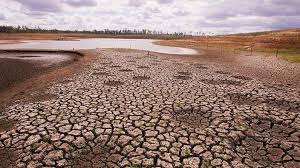
The early warning signs of global climate change are here but they are only precursors to what future generations could feel
Pareto improvements are important to remember as well. They ensure that is is always possible through taxes and compensation that at the least some people are better off. The controversial question is, who benefits in the end? Myrick Freeman III is one economist who is working towards developing models and techniques to estimate the welfare effects of environmental changes.

Myrick Freeman III is one economist who has established non-market valuation as an essential tool for policy analysis
Other important messages to draw from environmental economics are the cost-benefit analysis, coping with long term environmental problems and the idea of non-market valuation techniques. These ideas are mentioned because the economics of the environment is, yet again proven to be a difficult ideology to work with ethically.
The Cost-benefit analysis examines the idea that common resources are often exploited and a new mechanism needs to be looked at to include government intervention in certain cases. Basically if aggregate costs outweigh benefits then the idea is not fit to proceed with. The ethical problem comes into play when lives are weighed-such as an example of placing a coal burning power plant at the expense of one neighborhood’s clean air or constructing windmills at the cost of scenic views.
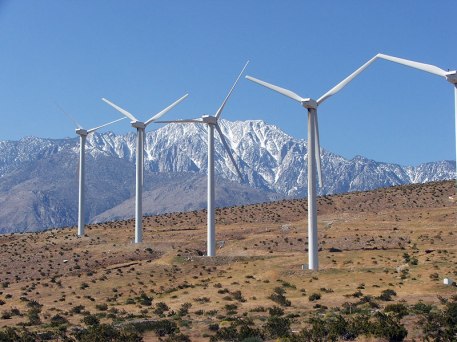
Depending on your viewpoint, a cost-benefit analysis of these windmills may put the con of disrupting scenery against the pro of clean, free energy. It’s hard to determine if the pros would outweigh the cons
One part of the creation of an ethic of environmental economics is that those who adhere to its ideas are generally anthropocentric. In fact, it is with humans in mind that Jeremy Bentham and John Stuart Mill visualized the concepts of cost-benefit analysis. This has changed, though, and many now see the true benefits of helping non-human animals or nature. Unfortunately, this is not practical for the economists’ preference and is thus rarely incorporated into their overall worldview.

Jeremy Bentham and John Stuart Mills discussed weighing the costs and benefits of an action, but considered primarily the good of humans alone
Another perspective to help valuate Earth’s natural resources is the idea of looking at Earth in a balance sheet. Much like Gross domestic product the idea of Natural Resource Accounting takes in the idea for combining elements of accounting assets such as environmental goods and services and factoring in their depreciation into a country’s true value. To an environmental economist, the true measure of success is to achieve a high score on the Genuine Progress Indicator, which is like the GDP but it also incorporates leisure and discounts such growth as armies, industries, etc.
What is most remarkable about the index is that a general trend has been noticed-despite popular belief an increase in income does not necessarily coincide with a genuine increase in happiness. It is true that in order to help continue future human welfare the true natural capital stock must be examined. If ecosystem services actually needed to be paid for, for example, the price of commodities would be much greater. As we receive these benefits free of charge it is easy to condone abusing them, but that is the last thing that we should do.
When ecological economics emerged, many critics were wary of conventional proposals to deal with the world’s problems and put forth new ideas to work towards sustainability. People such as Herman Daly argued that organizing the world for undifferentiated growth would only lead to fundamentally unsustainable consequences. He proposed that the real goal of economics should be to meet human needs without endless growth.

Herman Daly, an ecological economist is interested in Steady State Economies where growth is stabilized.
A case study to examine is the work done in Costa Rica in order to preserve the rainforest. Natural resources are the most important economic aspect of a developing country such as Costa Rica but its natural resources have deteriorated seriously as a result of mining, fishing and logging. Using such techniques as Natural Resources Accounting, Costa Rica has discovered that if the trend continues then its commercial forests will be exhausted within the next five years. The accounting system for Costa Rica is quite poor, but with luck the knowledge of what Costa Rica’s current situation is can turn it around for the better.
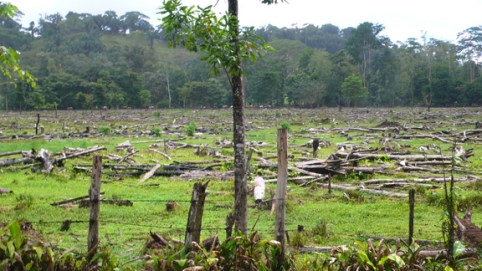
Deforestation in Costa Rica is considered to be terrible due to the vast biodiversity that inhabits it
Ecological economics may be playing a small role now, as many economists do not see it is as a viable area of study, but it will become increasingly relevant as time goes on, playing an expanding role in public policy. In the future, national accounting systems must be taken more seriously as true gauges of a nation’s position. Also a closer relationship between policymakers and scientists can help streamline the identification of problems in the natural environment. The UN should perhaps declare that incorrect treatment of natural resources will be more strictly policed and go through with that declaration as well.
In my opinion the system of quantifying natural resources is not futile nor is it impractical, but my worry is that we forget about the priceless value of a sunrise, or the incomparable happiness in breathing in the air of a warm, spring day. Perhaps the economic valuation of natural resources will end up saving them, but I also hope that we can hold onto the origins of what made us human to begin with-the natural environment in all of its glory and power.
